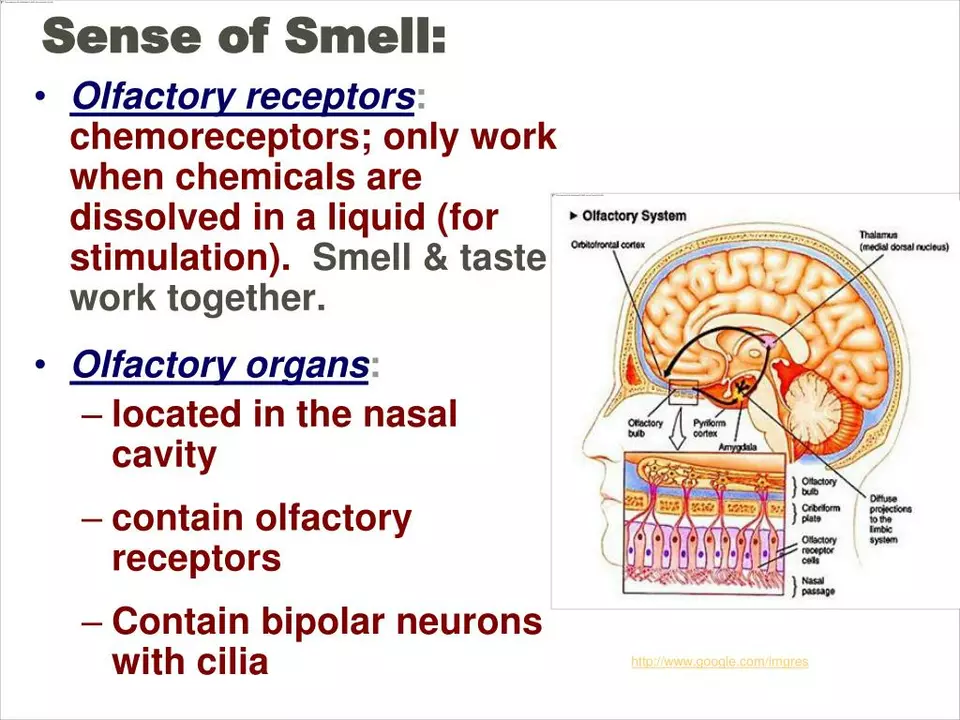Sneezing: Why It Happens and How to Feel Better Fast
Sneezing is your body’s way of clearing the nose. It can be annoying, embarrassing, and sometimes relentless. Most sneezing comes from allergies, colds, or irritants like dust and smoke. Here’s a short, useful guide to what causes sneezing, what actually helps, and when you should see a doctor.
Common Causes
Allergies are the top cause — pollen, pet dander, and mold trigger histamine release that makes you sneeze. Viral infections like the common cold or COVID can also cause sneezing, usually with a runny nose and sore throat. Less common causes include strong smells, sudden temperature changes, bright light (photic sneeze reflex), or certain medications. If sneezing starts after a new drug, check interactions and side effects.
Quick Relief You Can Try Now
Want fast, practical fixes? First, remove the trigger if you can — step away from smoke, wipe pet hair off clothes, or rinse your nasal passages with saline. Over-the-counter antihistamines often work well: loratadine or cetirizine can reduce allergy sneezing without much drowsiness. For stronger nasal relief, prescription sprays like azelastine can calm symptoms quickly; check our Azelastine Drug Interactions article before starting any new med.
Not getting results from one antihistamine? There are solid alternatives—some work better for different people. Read our Fexofenadine Alternatives guide to compare options and find one that fits your needs. If over-the-counter pills aren’t enough, a nasal steroid spray (fluticasone, budesonide) usually reduces inflammation after a few days of use.
When you buy meds online, be careful. Use reputable pharmacies, protect your payment, and verify licenses — our Online Prescription Safety Checklist covers smart steps to avoid scams and stay safe.
Simple home steps help too: keep windows closed on high-pollen days, use a HEPA filter, wash bedding weekly, and vacuum with a sealed-bag system. A cool-mist humidifier can soothe irritated airways if your home is very dry.
If sneezing comes with itchy eyes or clear drainage, allergies are likely. If you have fever, thick colored mucus, facial pain, or worsening symptoms after a week, infection may be the cause.
Watch for danger signs: wheezing, tight chest, difficulty breathing, swelling of face or throat, or fainting. Those could mean a severe allergic reaction (anaphylaxis) and need emergency care right away.
Finally, if sneezing is chronic and impacts daily life, talk to your doctor about testing and targeted treatments. Allergy shots, prescription sprays, or a tailored medication plan can cut symptoms dramatically and help you sleep and focus better.
Want more on specific meds or budget-friendly options? Check related guides on our site for step-by-step advice and safer ways to get the treatments you need.
Sneezing and your sense of smell: what's the connection?
In today's blog post, we're exploring the fascinating connection between sneezing and our sense of smell. As it turns out, sneezing is our body's natural response to irritants in our nasal passage, which helps to clear out any unwanted particles and maintain our sense of smell. When we sneeze, our nose sends a signal to our brain, which then triggers the sneeze reflex. This amazing process not only helps to protect our sense of smell, but it also plays a crucial role in keeping our respiratory system healthy. So, next time you sneeze, remember that it's your body's way of keeping your sense of smell and respiratory system in top-notch condition!
Read More
